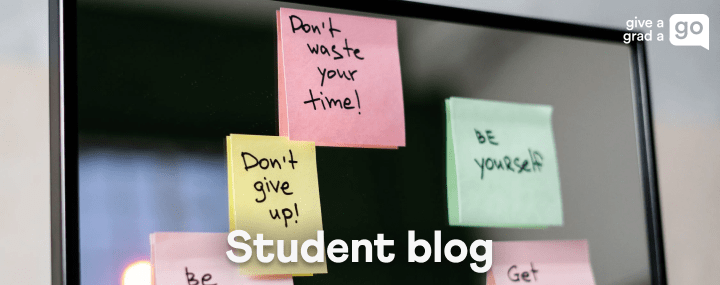Are you struggling to get back on the job hunt after an interview rejection?
Or perhaps you have an interview coming up and need some tips on preparing for the big day?
Interview rejection can be disappointing but it can also give you some great experience and an idea of what you can improve for future graduate job interviews.
In this blog, we will discuss how to handle interview rejection, how to respond to a job rejection email, and how to stay motivated in your job search.
If you’d like to write for our student and graduate blog programme and gain valuable copywriting experience, get in touch below.







